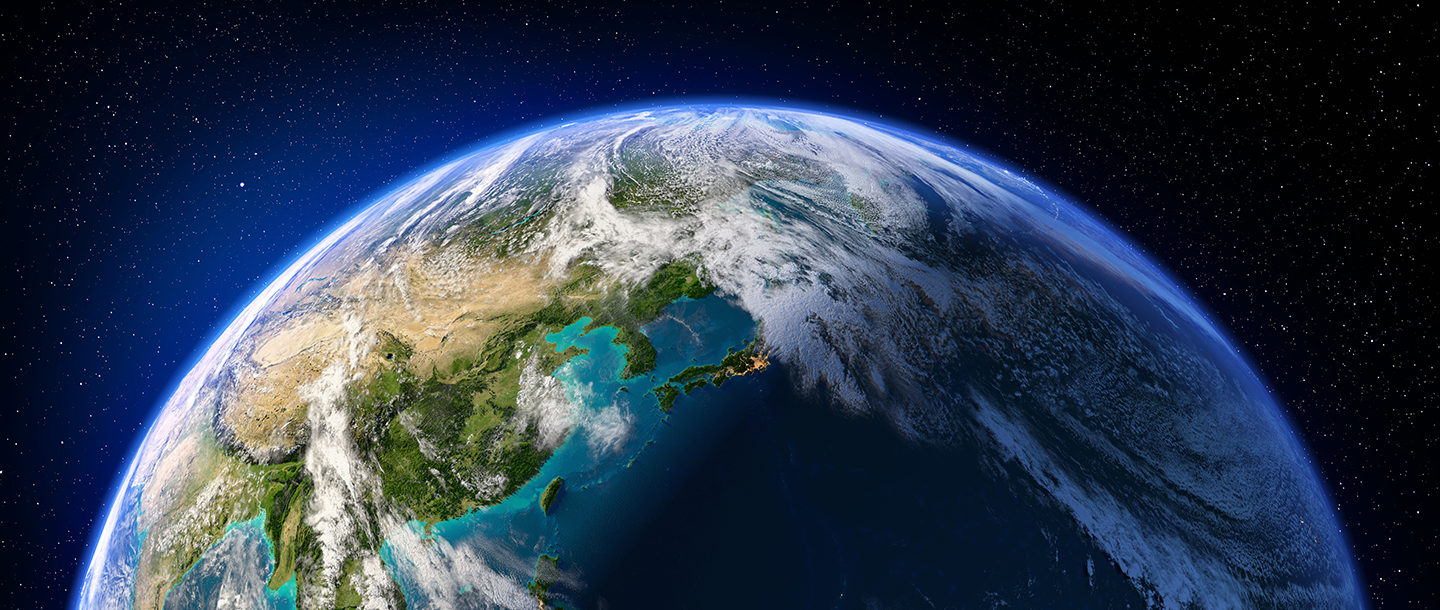Imagine trying to live on $170 a month. In the United States it would be extremely difficult and likely impossible just to cover the basics of food and shelter without any assistance.
Nearly half the world lives on less than $5.50 a day according to a study by The World Bank, an organization that works for sustainable solutions to reduce poverty and build prosperity in developing countries.

Universal access to affordable, reliable, sustainable and modern energy is central to ending poverty, states The World Bank. Energy makes possible the investments, innovations and new industries that are the engines of jobs, inclusive growth and shared prosperity for entire economies.
At Williams we believe the abundant supplies of natural gas that the United States enjoys so much can offer benefits to the rest of the world. Natural gas is key to generating electricity in large volumes for power grids. It is also a great partner with renewables because a reliable power grid (made possible by natural gas) supports investments in intermittent renewables like wind and solar.
The United States sends natural gas overseas to countries through a process called liquefaction. At terminals on the coast natural gas is chilled to liquid form known as liquefied natural gas or LNG. This LNG is then transported on ocean-going vessels. Once it reaches its destination it is returned to gas form so it can be shipped by pipeline to end users.
As the top provider of natural gas to LNG export facilities in the United States, Williams is proud to be part of this global energy solution. LNG shipments allow the environmental benefits of natural gas to be shared around the world, helping reduce global greenhouse gas emissions while supporting economic growth.
